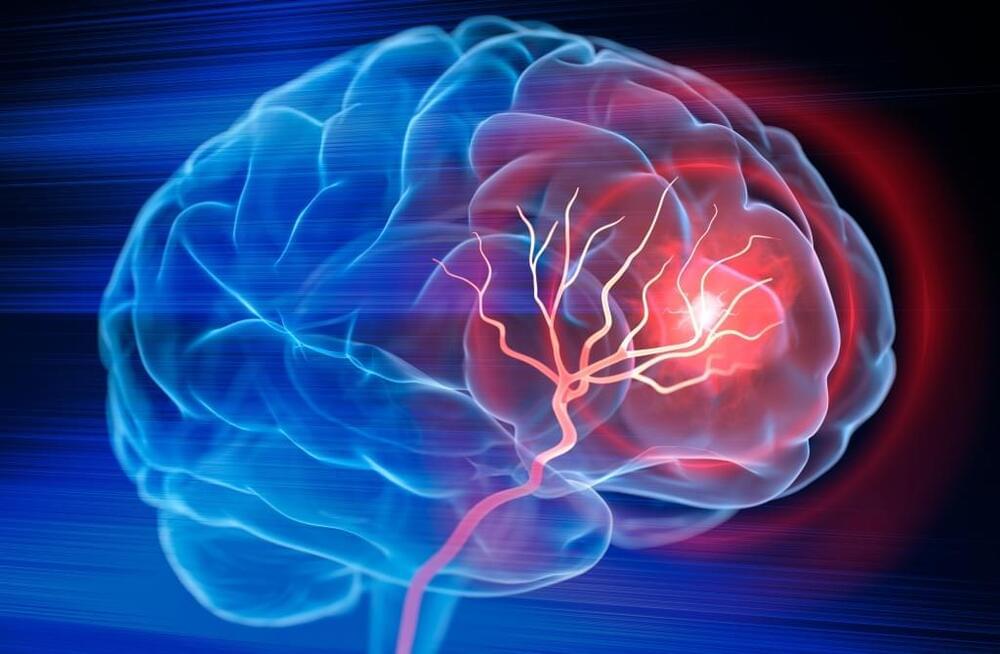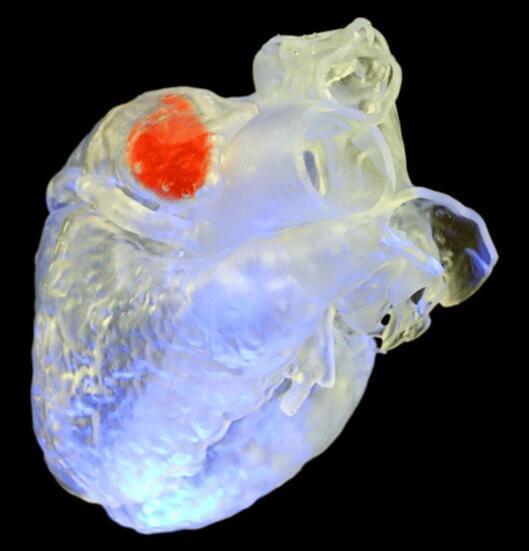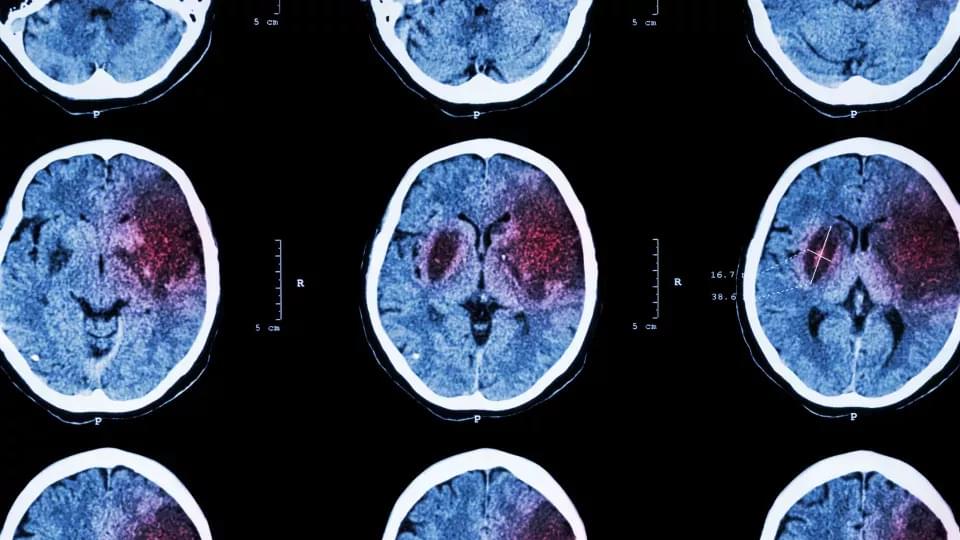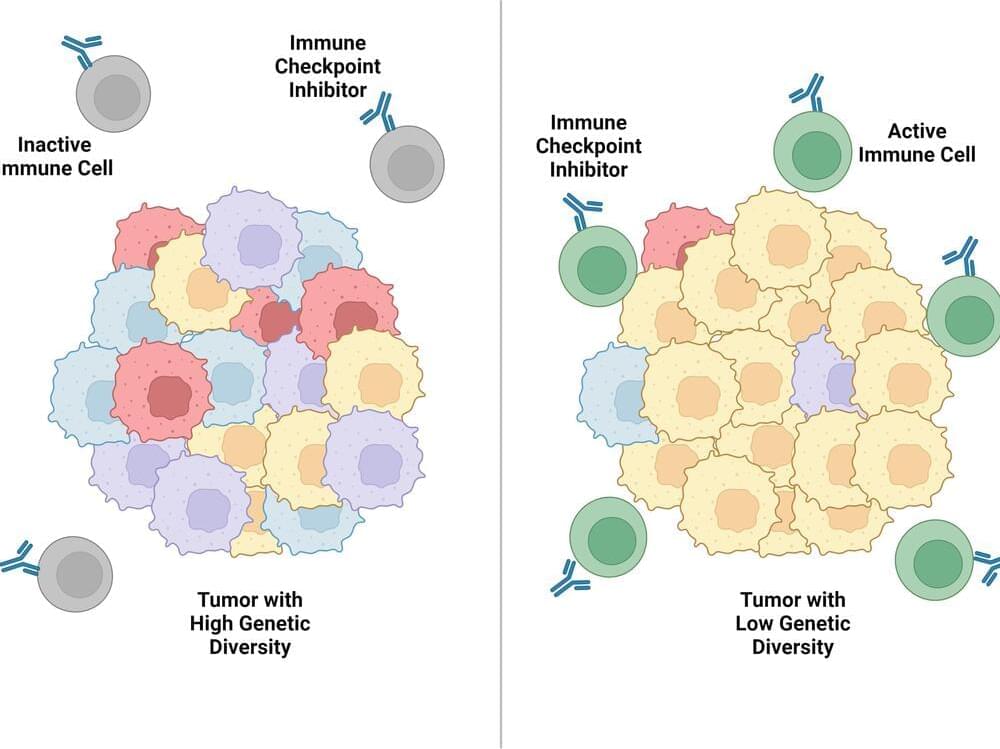Innovative neuromodulation techniques provided by a specialist institute in New Jersey can restore lost functions.





Researchers have succeeded in restoring lost brain function in mouse models of stroke using small molecules that in the future could potentially be developed into a stroke recovery therapy. “Communication between nerve cells in large parts of the brain changes after a stroke and we show that it can be partially restored with the treatment,” says Tadeusz Wieloch, senior professor of neurobiology at Lund University in Sweden.
“Concomitantly, the rodents regain lost somatosensory functions, something that around 60 per cent of all stroke patients experience today. The most remarkable result is that the treatment began several days after a stroke,” Wieloch continues.
In an ischemic stroke, lack of blood flow to the brain causes damage, which rapidly leads to nerve cell loss that affects large parts of the vast network of nerve cells in the brain.
Join us on Patreon! https://www.patreon.com/MichaelLustgartenPhDDiscount Links: Epigenetic, Telomere Testing: https://trudiagnostic.com/?irclickid=U-s3Ii2r7x…

An international team of scientists has collaborated to develop a new DNA-based nanobot that can self-replicate indefinitely under the right conditions.
A new study has been published showcasing a new DNA-based nanobot that could open the door to producing life-saving drugs in the human body.

Today, I am going to talk about how AI is already making a significant impact in the realm of breast cancer diagnosis, particularly in the critical task of r…
Dr. David Sinclair presents about the new update on epigenetic reprogramming on reversing aging to prevent and treat rare and common diseases in this video.